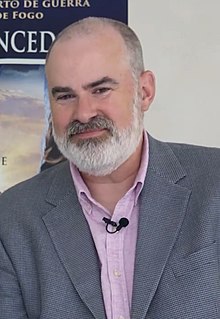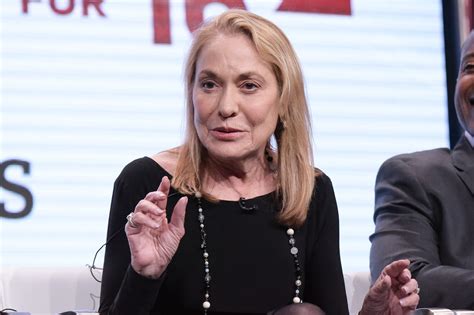A Quote by Neil Harbisson
It's strange that we create tech and then we apply it to machines, when we could apply it to ourselves. Cars can now detect if something is behind them, but we don't have this ability. Why are we applying such a simple sense to a car when we could apply it to ourselves?
Related Quotes
Late twentieth-century machines have made thoroughly ambiguous the difference between natural and artificial, mind and body, self-developing and externally designed, and many other distinctions that used to apply to organisms and machines. Our machines are disturbingly lively, and we ourselves frighteningly inert.
The thing that I learned early on is you really need to set goals in your life, both short-term and long-term, just like you do in business. Having that long-term goal will enable you to have a plan on how to achieve it. We apply these skills in business, yet when it comes to ourselves, we rarely apply them.
And so when I moved to IBM, I moved because I thought I could apply technology. I didn't actually have to do my engineer - I was an electrical engineer, but I could apply it. And that was when I changed. And when I got there, though, I have to say, at the time, I really never felt there was a constraint about being a woman. I really did not.
The institutions that we've built up over the years to protect our individual privacy rights from the government don't apply to the private sector. The Fourth Amendment doesn't apply to corporations. The Freedom of Information Act doesn't apply to Silicon Valley. And you can't impeach Google if it breaks its 'Don't be evil' campaign pledge.
You're learning the whole time. Halfway through a movie, you've got a lot of ideas, a lot of things that maybe you've learned and that you then wish you could apply, but you can't. You just have to finish the movie in that world that you're in. Maybe what you've learned you can apply somewhere else.
Maybe we, the cultural workers , could apply ourselves. We're not going to resolve it in this moment or even in this generation, but perhaps as some kind of agenda we could invite our writers and cultural workers to address the problem a little more responsibly, because people are suffering tremendously from a want of data.








































